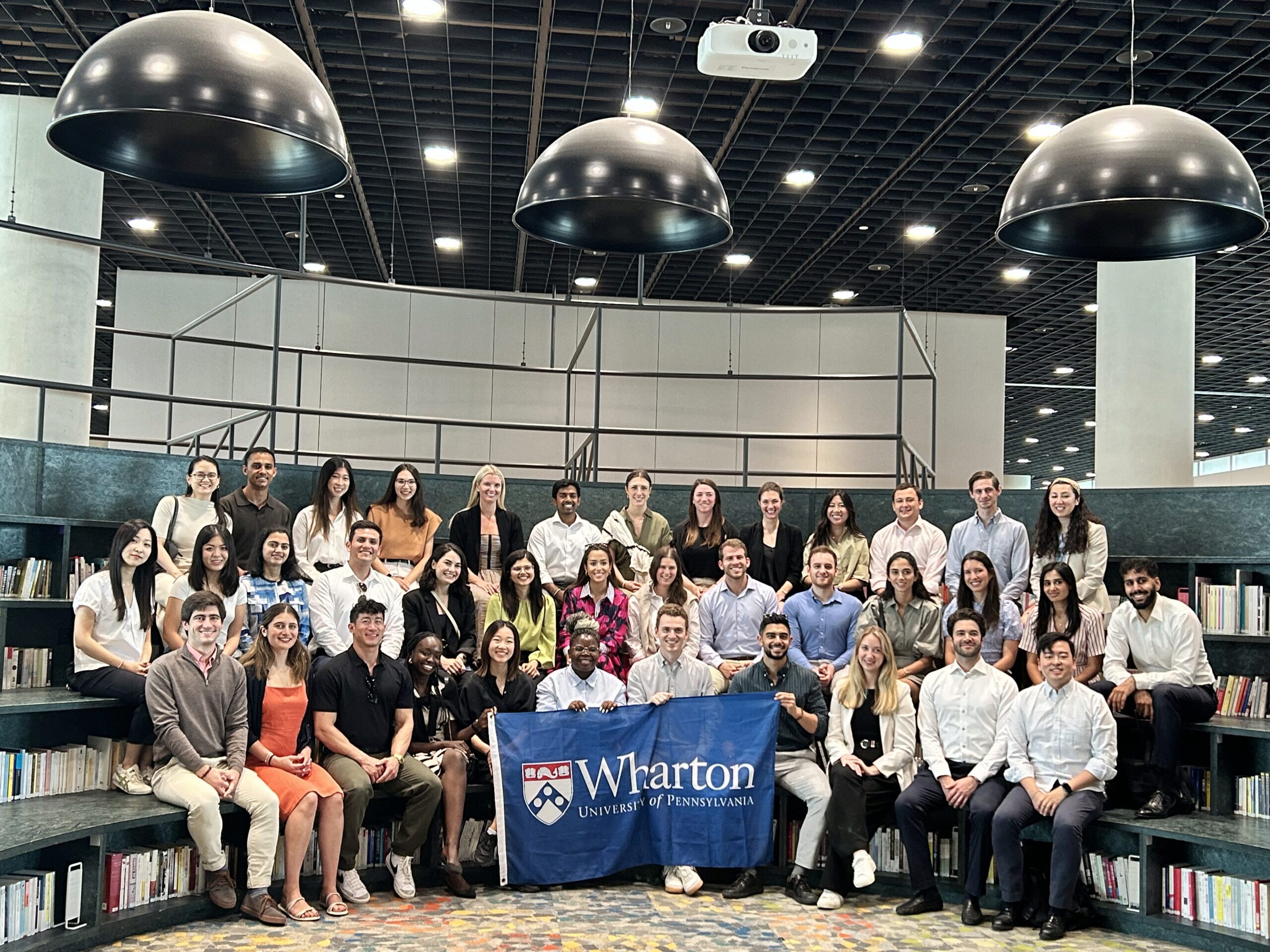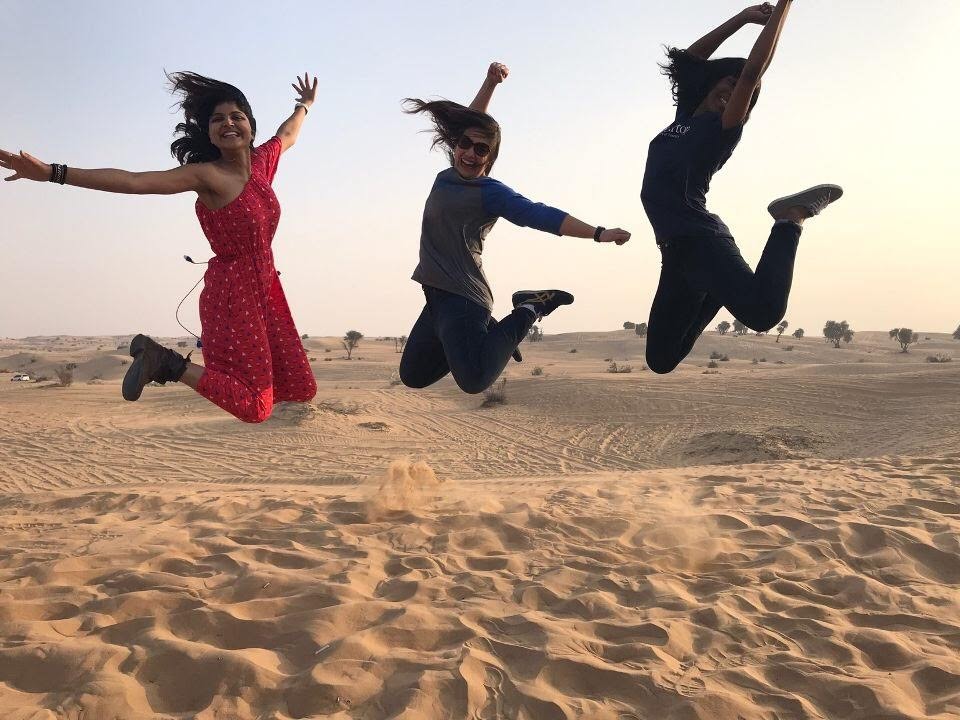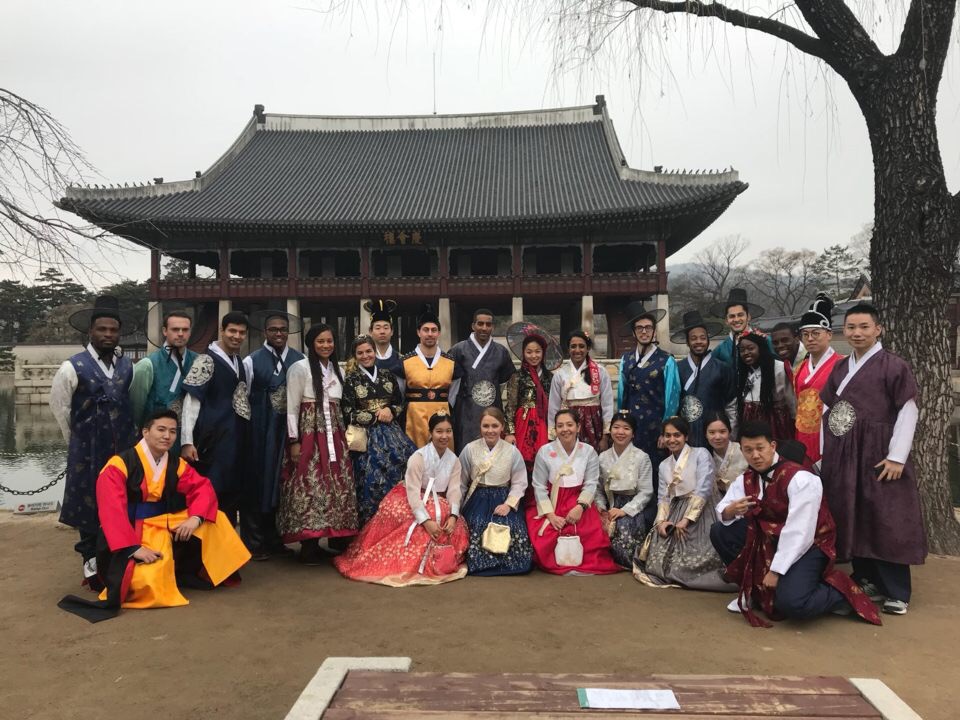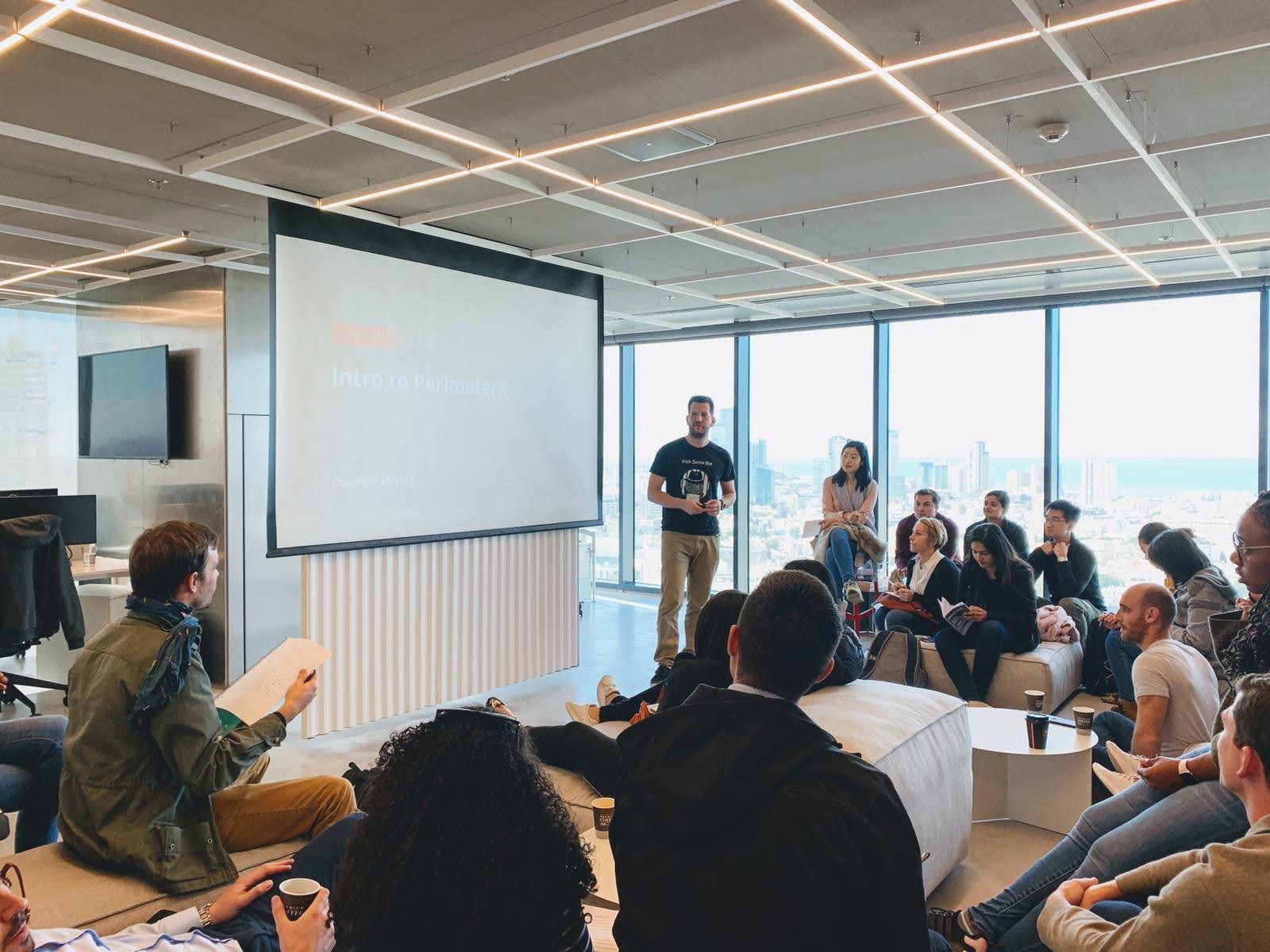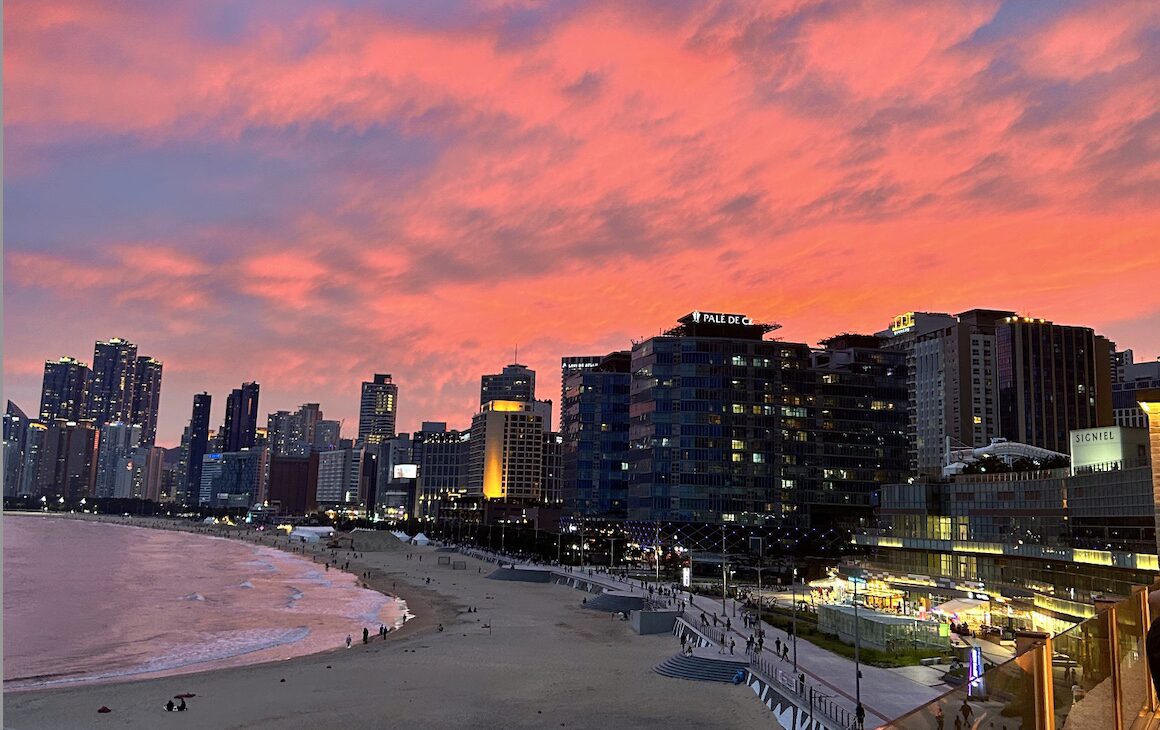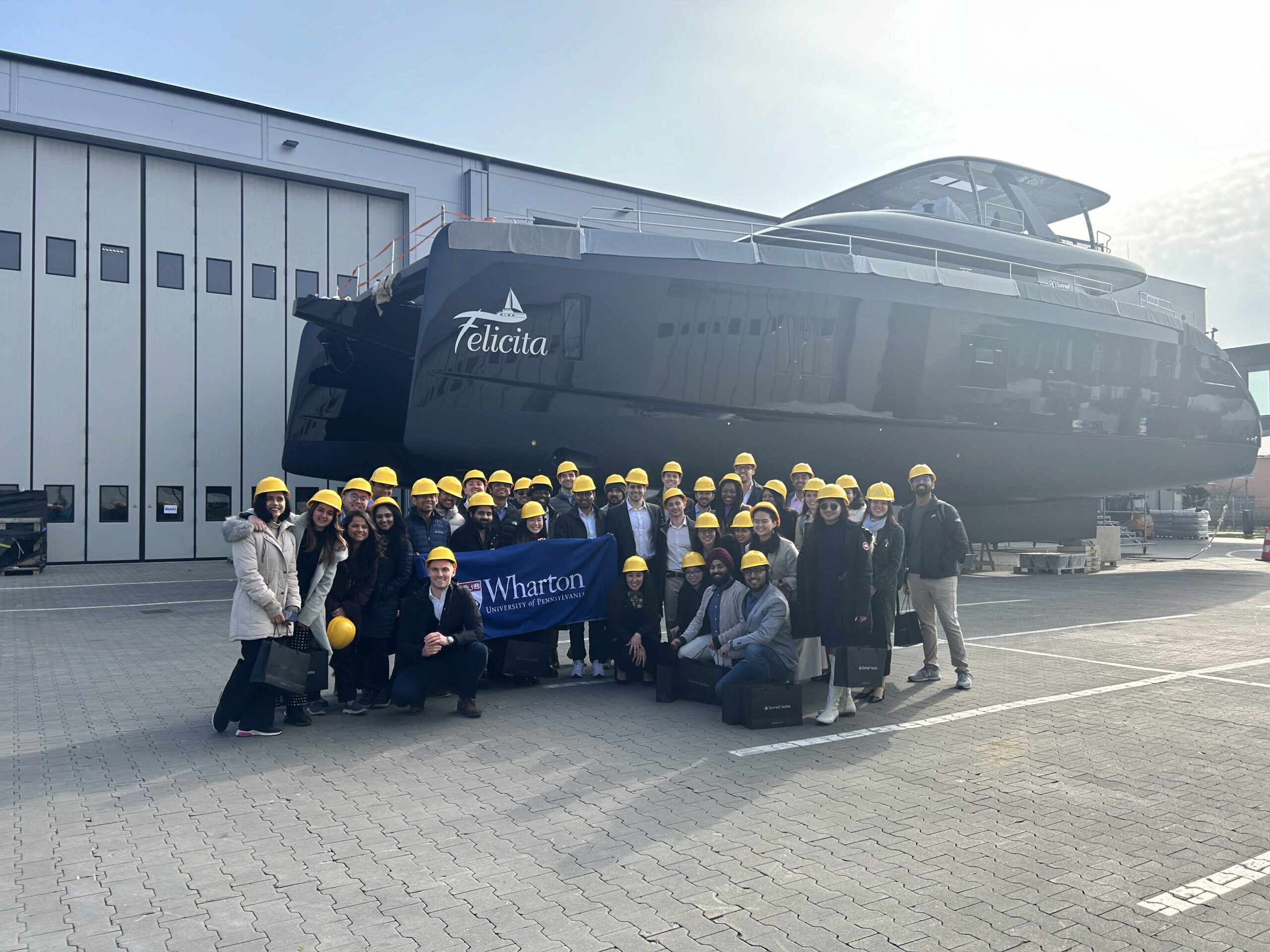When you learn at Wharton, you can lead anywhere in the world.
Business is the means for creating opportunity around the world, and Wharton’s commitment to global engagement prepares you for every challenge in the international business environment. You learn the language of global business, engage with complex interconnected global issues, gain opportunities to study and travel abroad, and become an empowered global citizen.
The Global Immersion Program (GIP) is an elective course, MGMT6560, designed to provide a high-level survey of the economic, cultural and geo-political drivers behind regions integral to the global economy. By attending faculty lectures and traveling abroad to meet with local business leaders, government officials, and Wharton alumni, students have the opportunity to learn from a tremendous group of professionals while also immersing themselves in another culture and building strong relationships with their GIP cohort. The course is composed of on-campus sessions, a study tour, and assignments. Since its inception in 1993, more than 2,500 Wharton MBA students have participated in the GIP. Many have returned saying it was one of the highlights of their Wharton careers.
The overall objectives of the program are:
- To provide an understanding of the region’s business, cultural, and political environments;
- To achieve a working knowledge of local business practices through direct interaction with managers and government officials;
- To explore the value of different economic models as benchmarks for global business practices; and
- To promote intercultural awareness and communication
The Global Immersion Program consists of three main components:
- On-Campus Sessions
- International Study Tour
- A Final Deliverable
As a credit-bearing course, you will be evaluated on your attendance and participation during the program as well as the quality of assignment submissions. Grades will be given on a pass/fail basis.
Note: The GIP may only be taken on a P/F basis and therefore does not count toward the 1cu of P/F you are permitted to take each semester.
ON-CAMPUS SESSIONS
Each section will meet for six class sessions during the quarter preceding travel. The sessions typically meet in the early evening. The sessions are led by faculty or staff area specialists. You and your student colleagues will discuss the history, political systems, social structures and economies of your chosen region of study. Assigned readings will serve to augment classroom lectures and discussion.
Class sessions will also include presentations designed to engage with your classmates and prepare you for what to expect on the program with respect to travel in an unfamiliar environment and the particular schedule of visits arranged. You will be provided with information on business etiquette, language and cultural expectations. Professionals from the Travel Services of Penn’s Student Health Services will provide an important health and safety overview and travel health documents to inform you of necessary immunizations and other health and safety resources.
STUDY TOUR
This component of the course is the immersion experience during Winter break or Spring, following semester exams. Each immersion experience consists of several basic features: 1) reflection sessions, 2) company/government meetings and 3) cultural events.
- Company/Government Meetings: This feature of the program is designed to introduce you to the region through direct interaction. During meetings with business leaders and managers, you will see how they run their companies, how market forces influence their decisions, and what they perceive as current and future challenges and opportunities. By visiting both production facilities and corporate headquarters, you will see how management decisions directly affect operations and personnel. Government influence on commerce is unique to each country. You will discuss relations between the public and private sectors with officials from national and regional regulatory agencies. The objective here is to provide an introduction to government commercial policy and its effectiveness in stimulating business growth.
- Cultural Events: Throughout the immersion experience, you will have opportunities to learn about culture and its influence on society. These might take the form of planned group events such as a city tour or an excursion to a significant historical area. Receptions with Wharton alumni and students will allow you to interact with your counterparts on a less formal basis and develop a valuable network of contacts. The importance of unplanned informal cultural activities cannot be overemphasized, since they expose you to social norms without the constraints of prescribed expectations.
ASSIGNMENTS
- Students will, in collaboration with their teams, prepare a profile for a selected company visit on the GIP. This profile will provide your classmates with important background information about the companies, including relevant trends and the issues they face. We will add completed profiles to a comprehensive travel brochure for your reference and will ask you to present the profile to the group during the study-tour.
- Final Assignment: The course will conclude with a group presentation or video on a particular theme or focus related to material that you learned through the GIP, designed by the group in conjunction with the Faculty Director.




